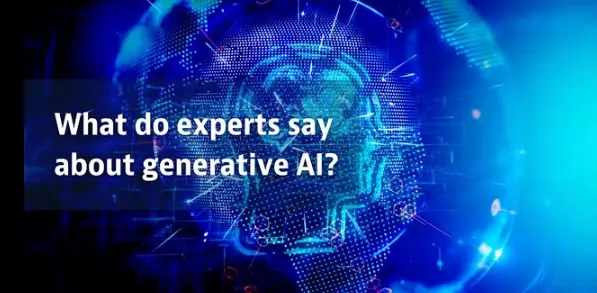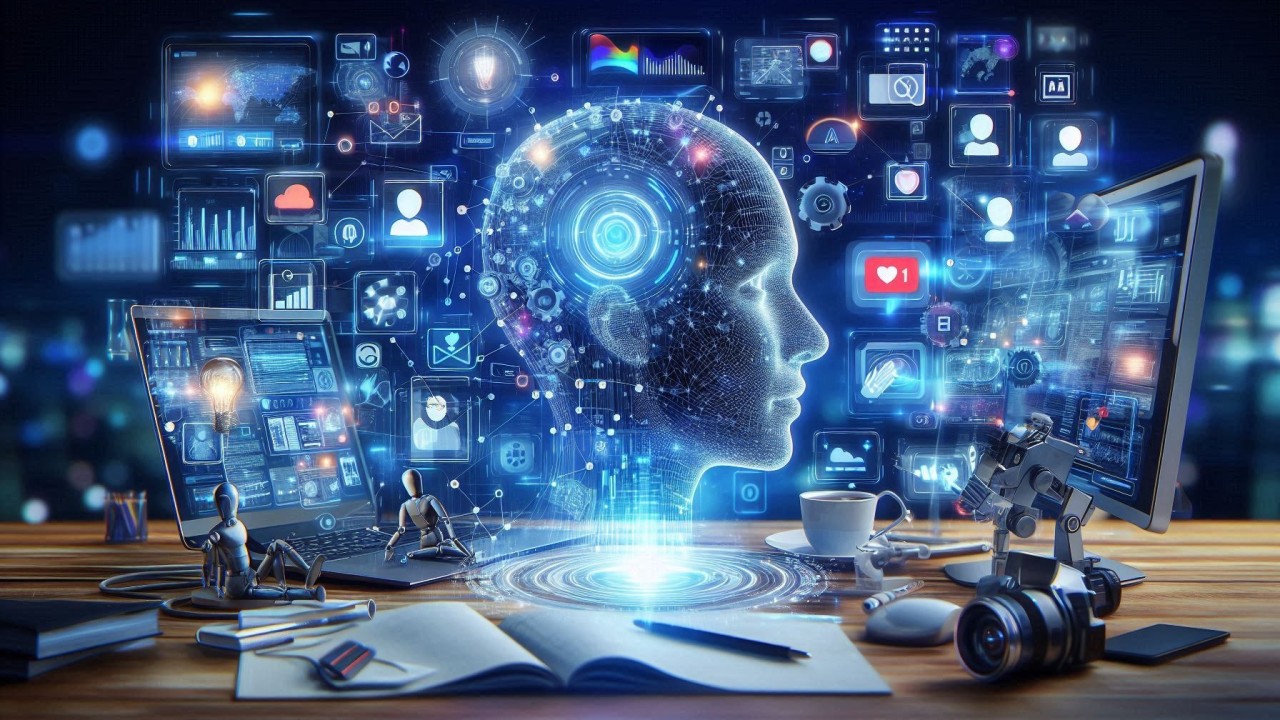Generative AI is reshaping how we work, create, and communicate. As this technology rapidly evolves, many industry experts have shared insights on its potential, challenges, and long-term implications. Here’s what leading voices in the AI community are saying.
1. Sam Altman (CEO, OpenAI)
Altman believes generative AI will become a powerful tool for amplifying human creativity and productivity. However, he emphasizes the need for global regulation and responsible development to prevent misuse and societal harm.
2. Fei-Fei Li (Professor, Stanford University)
Li highlights the importance of ethical AI development. She advocates for diversity in AI research and warns against deploying generative AI systems without considering their social and psychological impacts.
3. Yann LeCun (Chief AI Scientist, Meta)
LeCun is optimistic about AI’s potential but cautions against sensationalism. He argues that while generative AI is impressive, it’s still far from achieving general intelligence and needs better reasoning and planning capabilities.
4. Andrew Ng (Founder, DeepLearning.AI)
Ng stresses the value of democratizing AI tools. He believes generative AI can help bridge skill gaps and bring innovation to small businesses and educators, provided users are educated on its limitations.
5. Kate Crawford (AI Researcher, Microsoft and NYU)
Crawford warns about the environmental and ethical cost of training large AI models. She urges companies to be transparent about data sources and model behavior, promoting responsible AI design.
6. Demis Hassabis (CEO, DeepMind)
Hassabis sees generative AI as a major step toward achieving artificial general intelligence (AGI). He acknowledges its risks but believes its benefits in healthcare, science, and education could be transformative.
7. Timnit Gebru (Founder, DAIR Institute)
Gebru focuses on AI ethics and fairness. She frequently criticizes biased datasets used in training AI models and calls for stronger accountability frameworks to address systemic inequalities amplified by generative tools.
8. Gary Marcus (Cognitive Scientist, NYU)
Marcus is a vocal critic of current generative AI models. He argues that they lack true understanding and cannot be trusted for tasks requiring common sense or deep reasoning without significant human oversight.
9. Sundar Pichai (CEO, Google)
Pichai views generative AI as a foundational technology similar to electricity or the internet. Google’s focus is on integrating AI into its products while prioritizing safety, scalability, and accessibility.
10. Melanie Mitchell (Professor, Santa Fe Institute)
Mitchell questions claims that AI is approaching human-level intelligence. She emphasizes the importance of grounding AI in human values and using it to complement rather than replace human capabilities.
Conclusion
Experts agree that generative AI is a powerful innovation with transformative potential—but it must be developed and used responsibly. Collaboration between researchers, companies, policymakers, and the public is essential to ensure AI benefits everyone.







Leave feedback about this